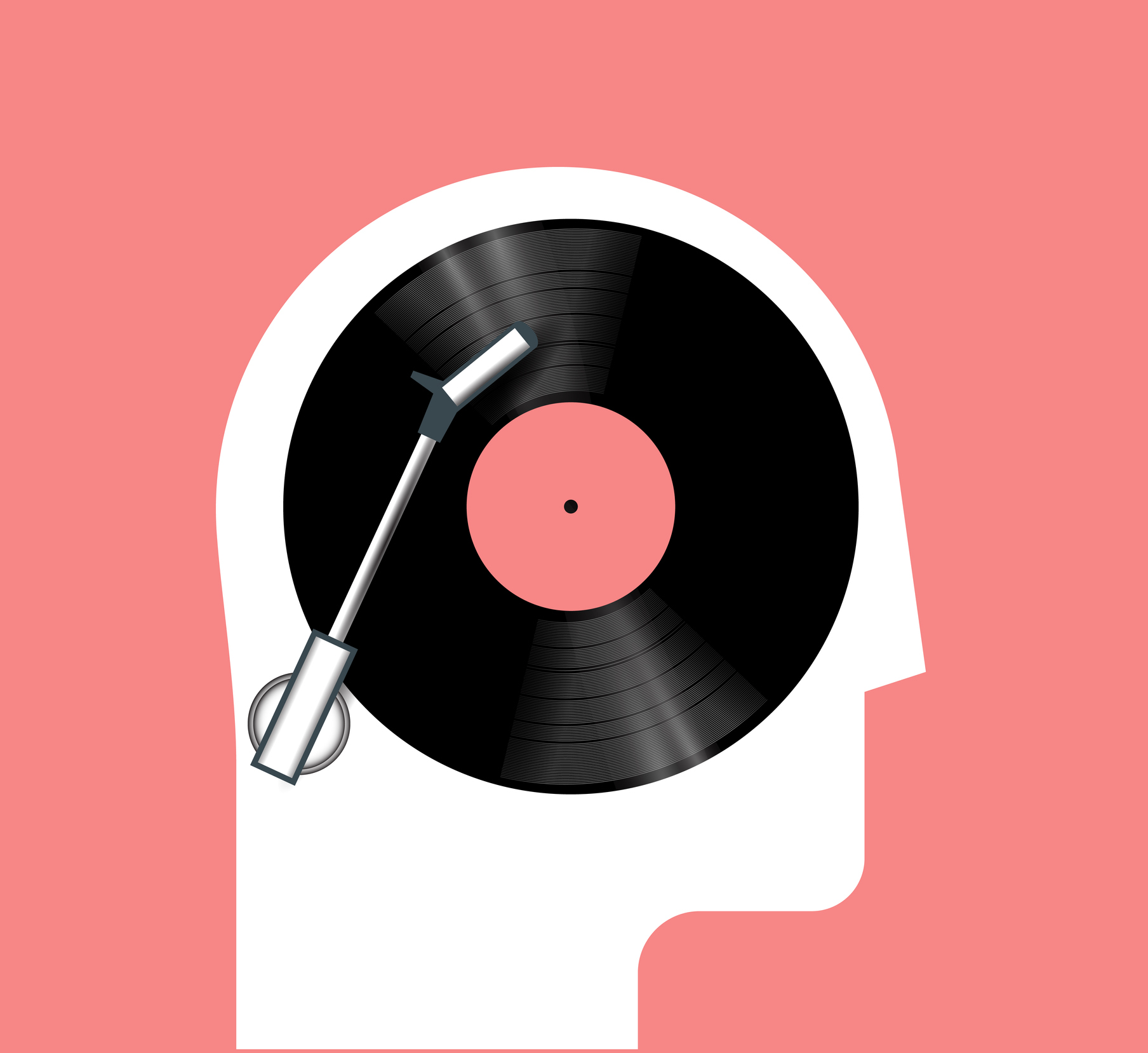
The other morning, I woke up with Dobie Gray singing “Drift Away” swirling around in my head, and tears in my eyes.
“Day after day I’m more confused, yet I look for the light in the pouring rain…Oh, give me the beat boys and free my soul, I want to get lost in your Rock ‘n’ Roll and drift away.”
I stumbled upon the song on YouTube and started to listen along, playing it through a couple of times. Almost instantly, the words and music shifted something in me. Just before, I was feeling a sense of melancholy, but as the song came on, I felt my spirits lift, transporting me from sadness towards a more hopeful feeling. It’s a song that I have loved since I was a teenager, and maybe it was the unexpected tenderness of the singer’s voice, or the longing I felt just sitting underneath words, but I was moved.
More from TIME
As a translational researcher at Johns Hopkins School of Medicine, studying how the arts help us to heal, learn and flourish, I’ve read thousands of studies that offer foundational findings about how music and sound impact many parts of our brains and bodies. This day, I was comforted once again by the power of music to support my mental wellbeing. The simple act of listening to a favorite song can alter your mood, triggering long-ago memories. And when we remember to use this knowledge for prevention, wellness practices and interventions, it can significantly enhance your daily life.
Read More: You Asked: Is Listening to Music Good For Your Health?
The song “Drift Away,” unleashed a cascade of neurobiological responses, initiating increased blood flow to different regions of my brain including the limbic system and igniting a flood of emotions and memories. It also activated my reward system, and I started to feel better. Music has an immediate effect on us. It soothes us, inspires us, makes us happy, guides and directs us, validates our feelings and connects us to our deeply human needs and nature. The structure, rhythms, melodies, syntax, genres, lyrics of songs, a particular instrument, or even the voice of the singer speak to us in the language of humanity.
We are wired for music. We bring the world into our bodies and brains through our senses. On a biological level, when I was listening to “Drift Away,” the music and sound activated my eardrums, which caused fluid in my inner ear to move. The fluid bent hairs on my cells, which converted to nerve impulses that traveled to my brain. These impulses moved through my brain’s neural networks, evoking strong emotions and memories—and altering my mood and outlook almost instantly.
At its core, we feel music—and now we are closer than ever to understanding why. One reason music has such an immediate impact on us is due to the way it is processed rapidly in the limbic system, the part of the brain which helps us experience emotions.
As I was listening to “Drift Away,” the neurotransmitter dopamine was being released in response to this pleasurable stimuli, and musical frisson occurred. In other words, I had an emotional peak experience that triggered a physical reaction. Dopamine makes us feel good, and it also helps cells communicate better, as well as enhances focus, planning, and even helps us to think more clearly.
Over the last 20 years advances in technology including functional magnetic resonance imaging (fMRI), and positron emission tomography (PET) have enabled us to see what is inside our heads and study the extraordinary ways the arts and aesthetics impact us, offering mind expanding gateways to whole health. Music is the most studied art forms, and researchers are now beginning to understand some of the ways they alters a complex physiological network of interconnected systems in the brain including the prefrontal frontal, visual cortex, the amygdala, hippocampus, auditory and sensory cortex, to name a few.
Turns out that not only listening to music, but making it, also has significant benefits. For example, mothers sing to their babies to help relieve symptoms of postpartum depression and enhance bonding by reducing cortisol, a major stress hormone. And people with dementia are singing too, accessing autobiographical musical memories encoded in multiple brain regions that have not been damaged by the disease. The result is a radical presence with family and friends, if only for a short time.
These are not random acts of dabbling with music, or just nice things to do. Rather, they are intentional, evidence-based approaches that help one heal physically and mentally, flourish and learn, and build strong cultures and communities.
To some, it may seem overly simplified to believe that a song can soothe the soul. But like exercise, nutrition, and sleep, we are discovering how the arts are essential for our health and wellbeing.
More Must-Reads From TIME
- The 100 Most Influential People of 2024
- Coco Gauff Is Playing for Herself Now
- Scenes From Pro-Palestinian Encampments Across U.S. Universities
- 6 Compliments That Land Every Time
- If You're Dating Right Now , You're Brave: Column
- The AI That Could Heal a Divided Internet
- Fallout Is a Brilliant Model for the Future of Video Game Adaptations
- Want Weekly Recs on What to Watch, Read, and More? Sign Up for Worth Your Time
Contact us at letters@time.com